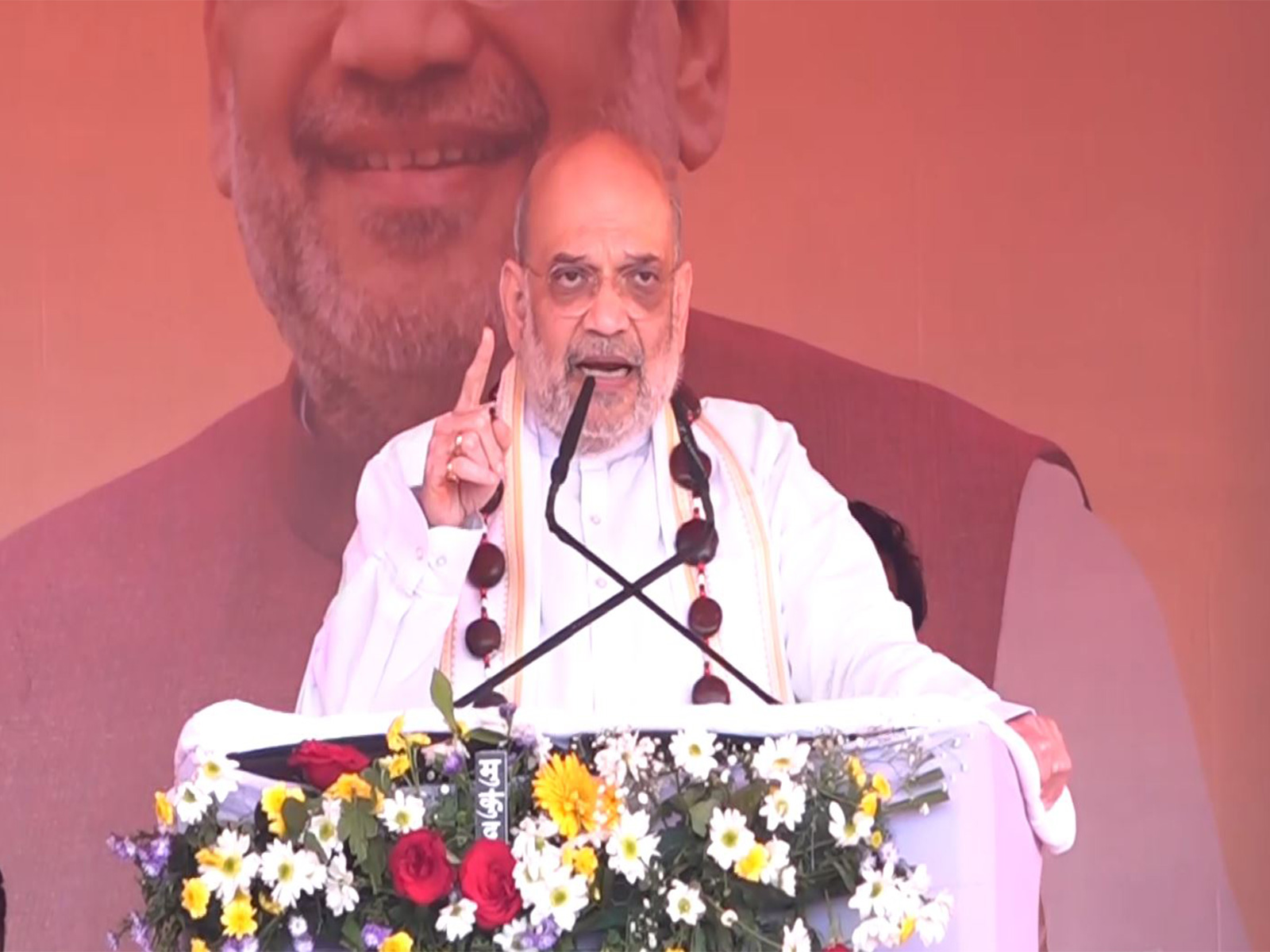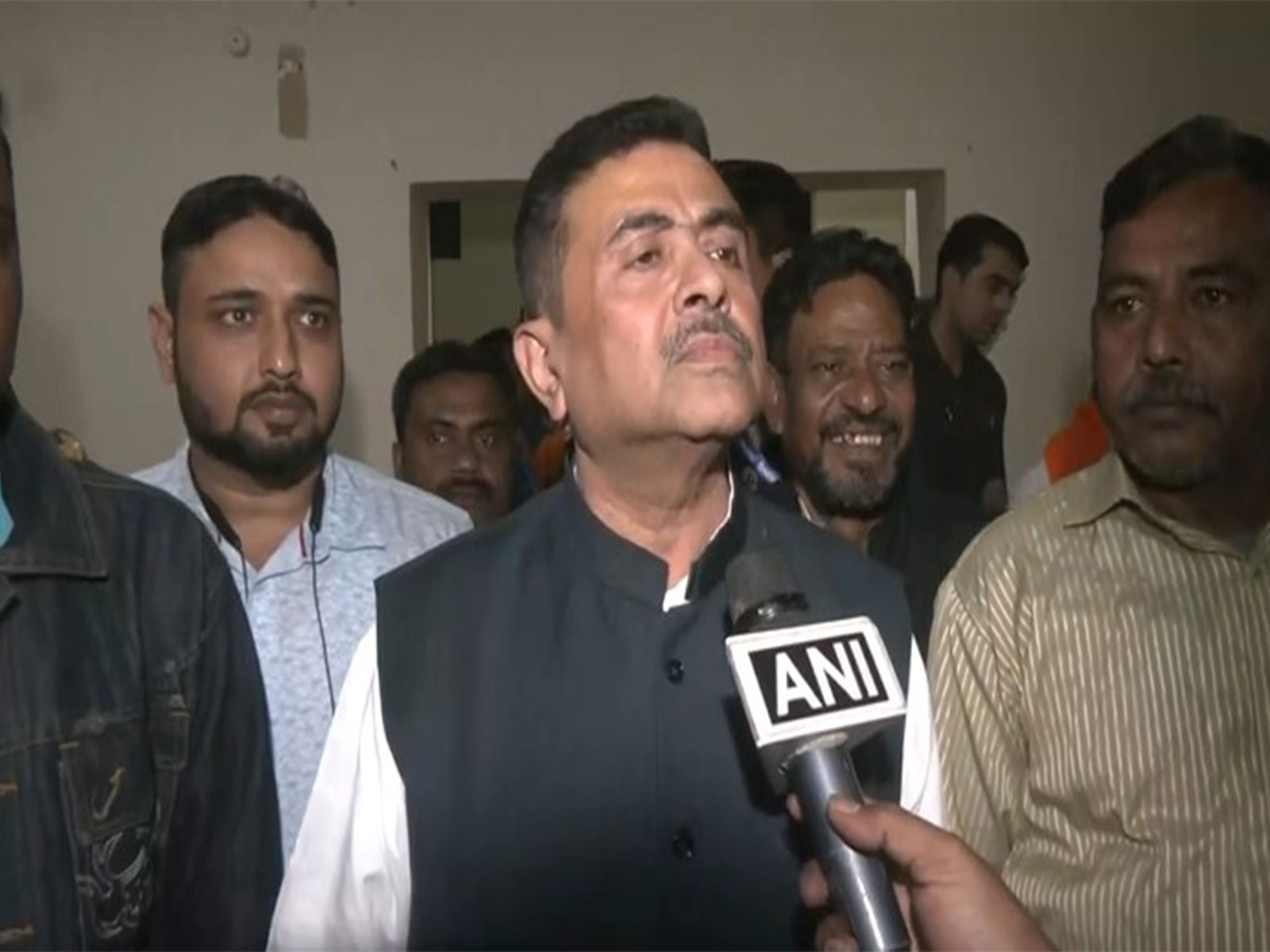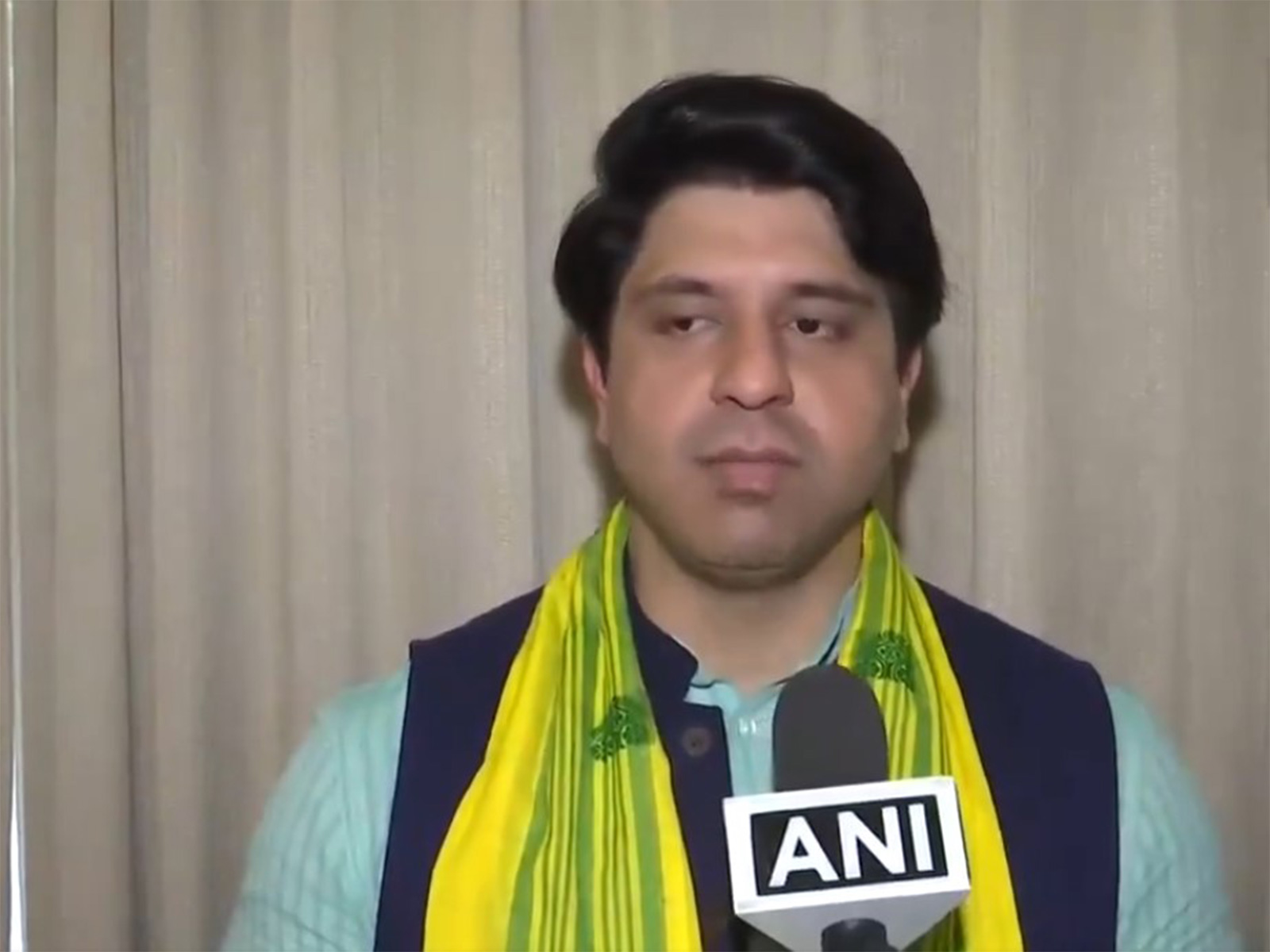CCMB comes up with new COVID-19 testing method using dry swab
Apr 30, 2021

Hyderabad (Telangana) [India], April 30 : Rakesh Mishra, Director of Center for Cellular and Molecular Biology (CCMB), on Friday said that they have come up with a new way of collecting COVID-19 samples using a dry swab technique/method for testing.
Speaking to ANI, Mishra said that the new method is cheap, safe, fast and more accurate compared to methods already in use. He further stated that using the dry swab method, a 300 per cent increase in the number of tests conducted on a daily basis can be expected.
"With the current method of collecting samples using the nasopharyngeal swab, after collection of the sample from it is put in a tube/container containing a pink colour liquid called 'Viral Transport Medium (VTM)' and then sent to the labs for further processing," said Mishra.
"Now the problem with this current process is that firstly if the container that has the swab and the sample are not properly sealed, might leak. As these samples, may potentially contain virus, they might lead to the further spread of the virus and leads to cross-contamination.
"The process to get test result using the current method is quite time-consuming as it takes around 2 to 3 hours to unseal 200 to 300 sample tubes. After that the samples are taken for RNA extraction which is an expensive and a very time-consuming process. Then they are taken for what is known as RT- PCR for conducting the test. The whole process takes a lot of time for declaration of the result," he added.
Speaking about the new method of collecting samples through dry swabs, Mishra said that there is no need to put the swab containing sample in VTM, instead it just needs to be put inside a dry container and is further sent to the labs.
"Through this process, we were able to cut the cost for each test by not using VTM, which is very expensive. Further, we are able to reduce the time taken to give the result. Moreover, there is no risk of cross-contamination," he added.
He further said that the dry swab containing the collected sample is placed into what is called as a TE Buffer, a kind of buffer solution, which is very cheap in terms of cost.
"Once the sample is opened and is placed in TE Buffer, the sample is ready for RT- PCR in just about 30 minutes. There is no other process of RNA extraction and the test result can come out in a very short time and can be given on the same day," said Mishra.
He also said that using this dry swab method, the number of tests that are currently being conducted can raise up to three to four times more tests in a single day. He added that the dry swab method is cheaper, safer, faster and accurate to the swab test wherein VTM is used. He further said that all the human errors that happen in swab test that uses VTM, doesn't happen in this dry test, and furthermore, the accurate of this test is the same as the RT-PCR test which gives around 80 per cent of accuracy rate.
"If this dry swab method is used, then we are expecting that there would be 300 per cent more tests that will be conducted on daily basis across the country," said the CCMB Director.
He said that the Indian Council for Medical Research (ICMR) has already given approval to this method and is currently being used in many labs for the testing of COVID-19 across the country.
He mentioned, "This dry swab test can only be possible when the state governments come forward to use this method while collecting samples."
He said that they are trying to explain the process to the government and mentioned that this method will play a key role for India in coming out from the 'terrible' pandemic situation.
He further said that training is being provided in various labs across the country, explaining them about the advantages of the dry swab method, and said that in a very near future, these tests will be conducted all across the country.
He also mentioned that the license for the dry swab method is also being sold to various private companies, hospitals and labs so that the kits can be prepared after getting permits from the Drugs Controller General of India (DCGI).

















